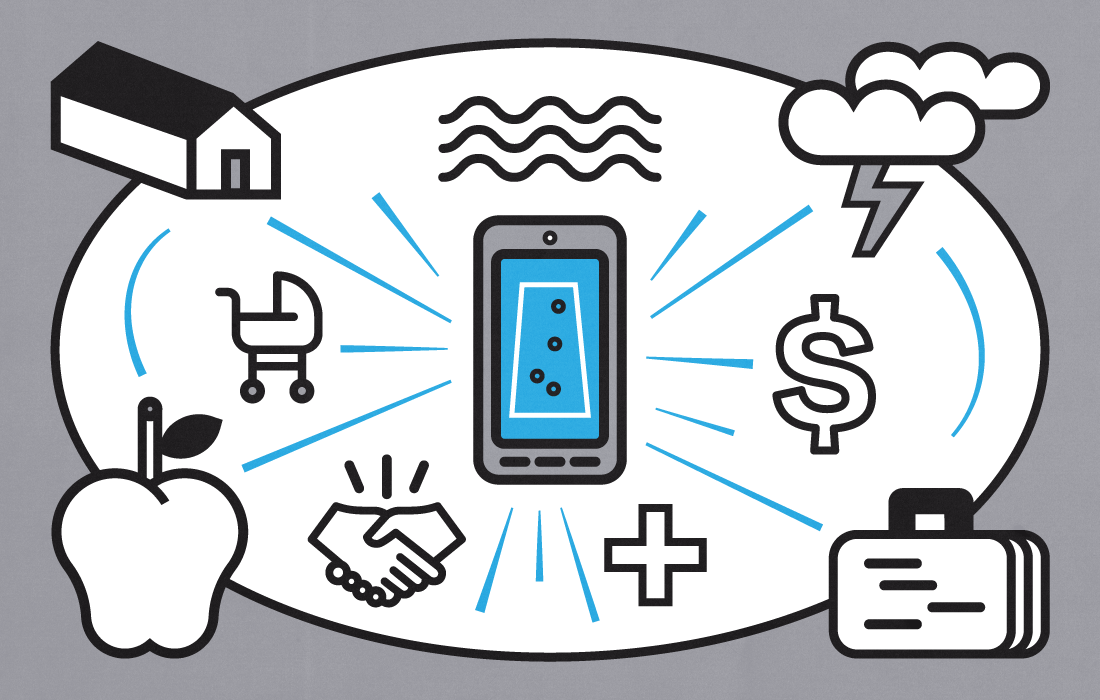
211 Saskatchewan is a multifaceted service that provides individuals with government, social and non-clinical health resources.
A recent expansion now allows users to access assistance by phoning or texting the phone number 211, accessing online chat or searching sk.211.ca.
The free and confidential service is funded and operated through the non-profit charity organizations United Way Regina and United Way of Saskatoon and Area.
Kristin Nelson, director of 211 Saskatchewan, spoke about what the new expansion of the service can provide to Saskatchewan residents in an interview with the Sheaf.
“If students are looking for services, they don’t need to know the name of the organization, program name, government agency, anything like that,” Nelson said. “All they need to know is the type of need they’re searching [to fulfill].”
Aiming to make seeking help as stress-free and efficient as possible, the 211 Saskatchewan service provides information on non-emergency mental health services, income support, legal services, housing and food security.
Additionally, by utilizing the 211 Saskatchewan services, non-emergency situations can be redirected from 911 to the appropriate resources.
The expansion of 211 Saskatchewan now reaches a wider and more diverse population. Obstacles such as language barriers, mental or physical limitations and time constraints can be alleviated when utilizing the more accessible options for service.
“One of the most challenging parts of finding the service is knowing what’s available,” Nelson said. “What we’re all about is acting as the front door to support … people navigate what are sometimes very complex networks of different government and community programs and services.”
When using 211 Saskatchewan, a trained service navigator listens to the user’s needs and guides them toward what they are looking for. They also provide supplementary information, including hours of operation, fees and eligibility requirements for the relevant service or program.
Support can be provided in over 175 languages, including 17 Indigenous languages.
The database of over 6,000 community, social and government services is available every day of the year, 24 hours a day.
Nelson noted that, in the midst of the COVID-19 pandemic, 211 Saskatchewan experienced an increase of users seeking support in the unpredictable climate in the wake of such things as food scarcity and job losses.
“We saw a lot of people who were perhaps reaching out for support for the first time in their lives,” Nelson said.
211 Saskatchewan recorded a 110 per cent increase in contacts between 2020 and 2021. Nelson says that more users sought mental-health resources, food security and employment opportunities in the initial stages of the pandemic.
“[It’s important to have] that confirmation of being able to have somewhere to turn when you don’t know what services are out there and where to start,” Nelson said. “211 is always that front door.”
—
Rayyann Haque | Staff Writer
Graphic: Jaymie Stachyruk | Graphics Editor